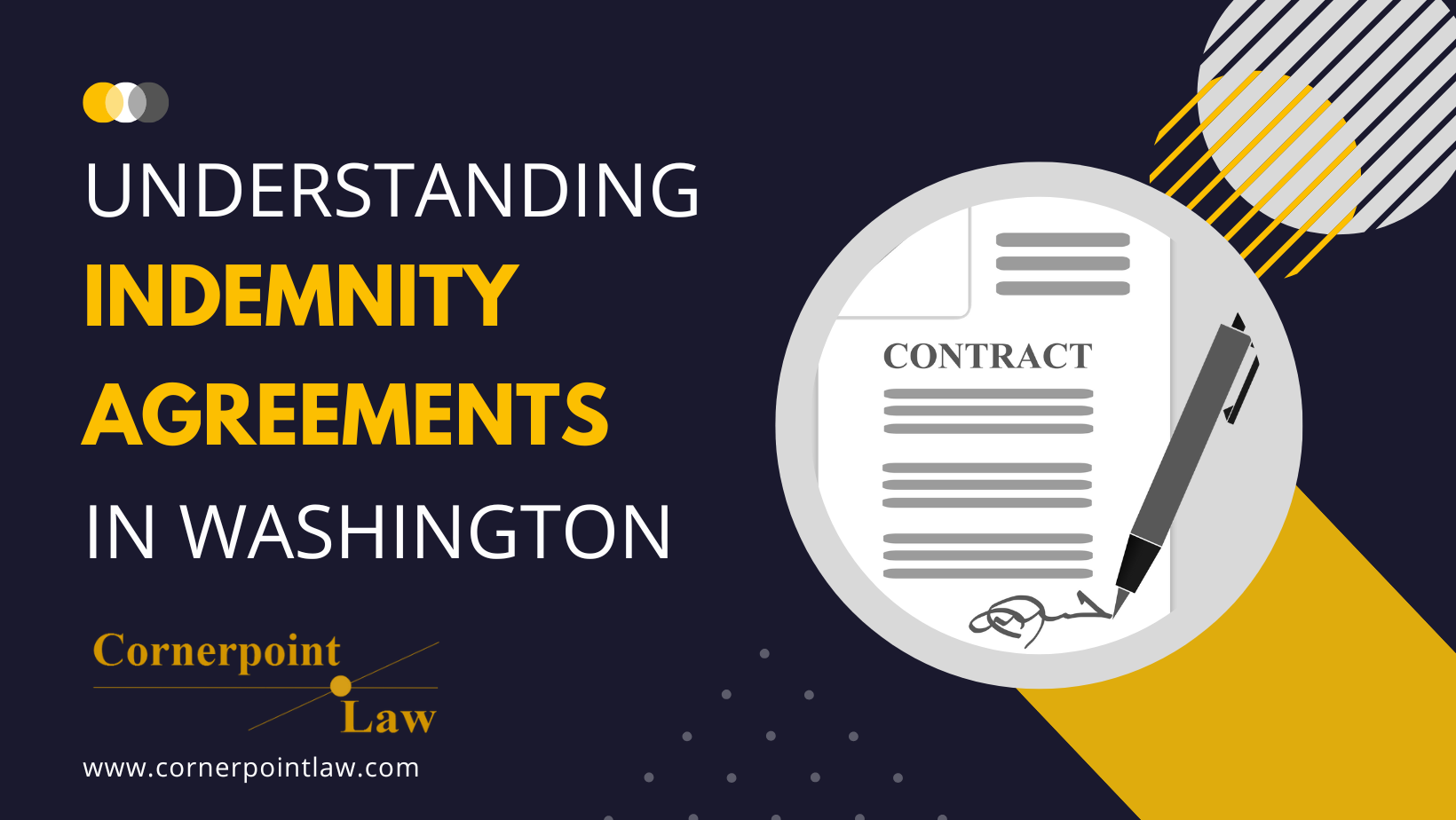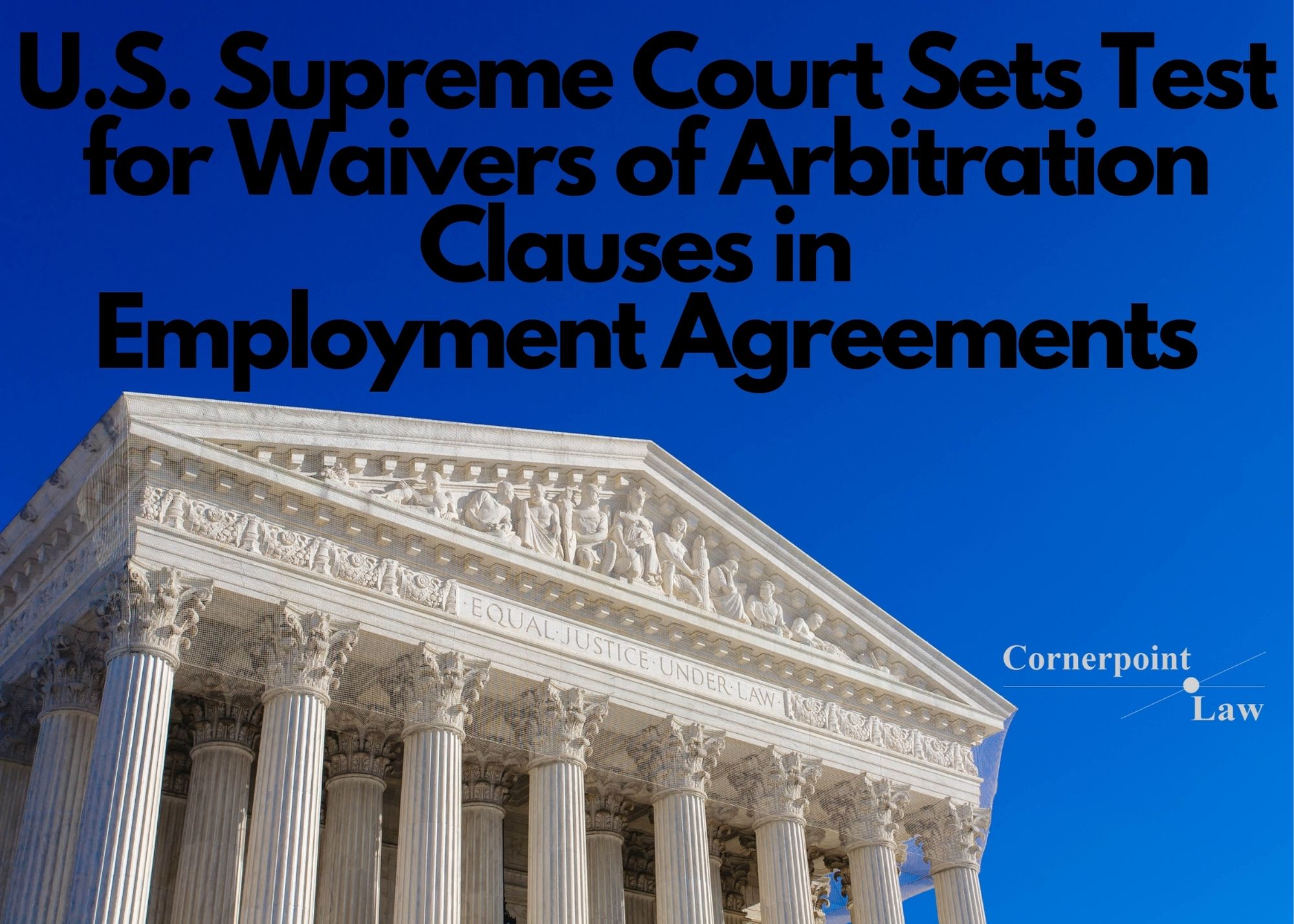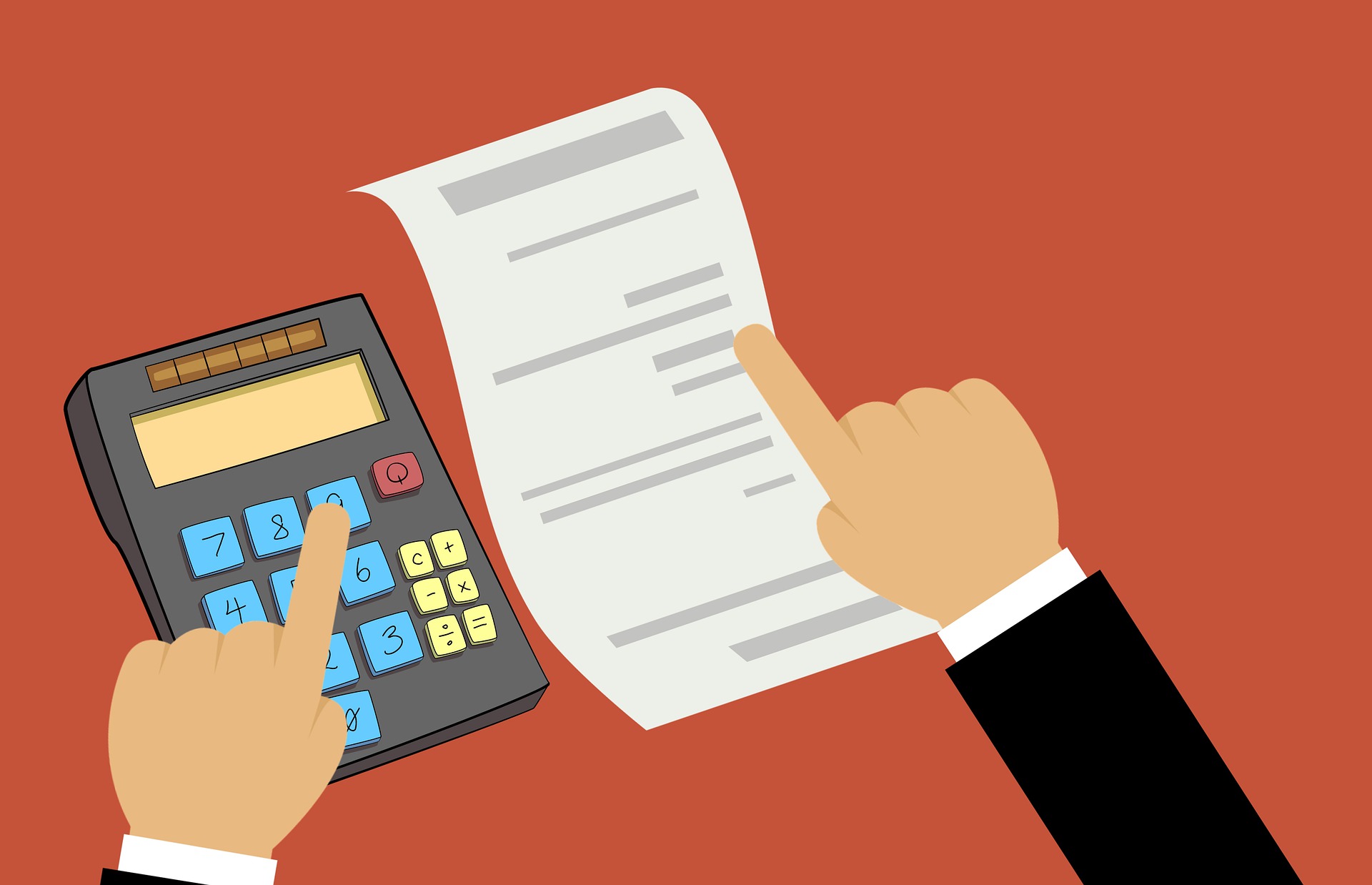Washington Small Businesses & Coronavirus
March 18, 2020
Unauthorized use and/or duplication of blogposts without express and written permission is strictly prohibited. Excerpts and links may be used, provided that full and clear credit is given, and with appropriate and specific direction to the original content.
The author of this post can be reached by phone at 206-693-2718 or by email.
Legal Resources for Washington Small Business Owners During the COVID-19 Pandemic
By Stacia Hofmann, Small Business Attorney & Certified Risk Manager
Just when I think I’ve got a grip on local, state, and federal support and assistance for small businesses during the coronavirus pandemic, the rules change. This blogpost is no longer being updated and has outdated information. The guideposts below are, at best, starting points for your research.
If I know anything about small business owners, it’s that they are risk-takers, innovators, and perseverers. I expect those same qualities and characteristics to carry them through this crisis.
As a Small Business Owner, What Should I Know About Employee Rights During the Coronavirus Pandemic?
Q: Where should I go for general information about employee benefits during this time?
- https://esd.wa.gov/newsroom/covid-19
- https://www.dol.gov/agencies/whd/flsa/pandemic
- https://www.dol.gov/agencies/whd/fmla/pandemic
Q: My employee is out sick with a confirmed case of COVID-19. Does my business have to pay sick leave?
- Yes. Under the federal Families First Coronavirus Response Act and CARES Act, businesses with less than 500 employees must pay up to $511 per day ($5110 in the aggregate) in sick leave, and for up to 80 hours, per employee. There are certain exceptions, and employers with less than 50 employees may qualify for a hardship exemption.
- Yes, if the absence fits within your sick leave, vacation, or PTO policy.
- Yes, if the employee has sick leave available under state or local law. For example, under state law, employees earn one hour of sick leave for every 40 hours worked. Learn more.
Q: My employee is not sick with COVID-19, but is absent. When does my business have to pay sick leave?
- If the absence fits within your sick leave, vacation, or PTO policy.
- Under federal law and up to 80 hours, with a max of $511 per day, and up to $5110 in aggregate, if the employee:
- is experiencing symptoms associated with COVID-19; or
- has been exposed to COVID-19.
- Under federal law and up to 80 hours, with a max of $200 per day, and up to $2000 in aggregate, if the employee:
- is caring for a family member who is either experiencing symptoms of COVID-19 or has been exposed to COVID-19; or
- is caring for a child because schools are closed.
- If the employee has sick leave available under state or local law, and at least one of the following is true:
- the employee has a known exposure to COVID-19 and is self-quarantining; or
- the employee is caring for a sick family member (who may or may not have COVID-19); or
- the employee is caring for a child because schools are closed; or
- your business needs to shut down due to a quarantine by a public official.
- Employees who have weakened immune systems or medical conditions may also be entitled to employer-paid sick leave, even if they are not currently ill.
Q: Will I have to pay wages for employees who take an extended period of time off?
- Yes, if your business has an internal paid leave policy.
- Yes, under federal law and for up to 12 weeks, with a max of $200/day and $10,000 in the aggregate, and at reduced wages and after 14 days of absence, if the employee:
- has been exposed to COVID-19 and is ordered to self-quarantine and cannot perform job duties; or
- must care for a family member who has COVID-19, is experiencing COVID-19 symptoms, or has been exposed to COVID-19; or
- is caring for a child because schools are closed.
- The employee may also be entitled to Paid Family and Medical Leave benefits. Remember that these benefits are paid through the state’s “insurance” fund, not directly by your business. Learn more.
- If your business has 50 or more employees, then the regular rules for the federal FMLA will still apply.
- Whether you have to keep the position open for the employee’s return, and to what extent you have to continue to pay for health insurance, depend on the circumstances.
Q: Should I expect an increase in worker’s compensation or unemployment claims related to the coronavirus outbreak?
- Yes. Unemployment benefits are expanding under the CARES Act’s Federal Pandemic Unemployment Compensation program to help employees who have been directly affected by COVID-19 (such as by a confirmed diagnosis or a quarantine after exposure) or by the resulting economic climate. Worker’s compensation claims may be allowed if COVID-19 was contracted on the job. Under normal scenarios, your worker’s compensation and unemployment taxes are based, in part, on the number of claims against your business. So far, it appears that this will remain the default rule. The state is accepting requests for relief of benefit charges on a case-by-base basis.
- The CARES Act also allows for expanded unemployment benefits to the self-employed. The State is asking that this category of applicants wait until April 18, 2020 to seek benefits.
Q: What should I do if I need to lay off employees?
- Talk to an attorney first. The state is encouraging employers to consider reduced hours, or participate in the state’s SharedWork or Standby programs. These programs remove some of the hurdles for unemployment benefits for employees, and may allow you to keep your workforce even in lean times.
- The federal CARES Act’s Paycheck Protection Program allows for (potentially) forgivable loans to encourage businesses to retain employees. The loan amount is based on a factor of a business’s monthly payroll, mortgage, rent, and other debt obligations. When used for intended purposes (lower thresholds were announced in June), the loan is forgivable, but certain limits and changes affect to what extent. For example, employee salaries are capped. Reductions in the workforce and in employee pay can restrict how much of the loan is forgivable.
Will My Business Insurance Cover Losses from the Coronavirus Pandemic?
- It is unlikely that your business insurance will cover every conceivable loss your business may incur. However, if you have business interruption insurance, you should certainly review your policy to see if losses due to a virus outbreak are covered or excluded. Across the nation, several restaurants have filed suit against their insurers, claiming lost income resulting from the pandemic is covered by insurance. Learn more.
Does My Business Have to Continue to Honor Its Contracts During the Coronavirus Pandemic?
- Each contract is specific. As a rule of thumb, if contractual obligations are due, they cannot be excused because of financial difficulties.
- There is a temporary ban on Seattle small business evictions. Learn more.
- If you have an LLC or corporation, your personal assets may be protected.
- If you have a paragraph in your contract called “force majeure,” the COVID-19 pandemic may allow you to withhold performance of contractual duties because of extraordinary circumstances.
Can My Business Be Sued Because Someone Got Coronavirus?
- If a business’s negligent or intentional actions lead to personal injury, a business may be sued for damages, including medical expenses, lost wages, and pain and suffering.
- In Washington, generally speaking, employees cannot sue their employers for personal injuries (because the matter is handled through worker’s compensation instead). However, at least one COVID-19 wrongful death lawsuit has been filed against an employer in another state, and it’s possible we’ll see this type of litigation in Washington.
- In the past, only certain industries have been at particular risk for lawsuits arising out of illnesses. For example, restaurants may be liable for instances of food poisoning and hospitals may be liable for contaminated instruments. COVID-19 puts us in a whole new arena. Lawsuits against the cruise ships claiming negligent handling of the virus have already started. It is probably a good time to review your liability insurance policy limits.
What Should I Know About Emergency Funding During the Coronavirus Pandemic?
- Congress has specifically funded the Small Business Administration to provide disaster loans for all Washington small businesses affected by COVID-19. However, the requirements are narrow. Learn more.
- Under the Paycheck Protection Program, discussed above, lending to small businesses has temporarily expanded.
- The State of Washington is providing up to $10,000 to small businesses in the form of grants. To qualify, a business must have 10 or less full-time employees and have been in business at least a year. While most operating expenses are allowable expenditures from the grant funds, payroll, travel, and office equipment are not. As of April 28, 2020, the program is closed.
- Facebook has announced a $100 million cash grant and ad credits program for up to 30,000 eligible small businesses in over 30 countries. Learn more.
What Should I Know About Taxes During the Coronavirus Pandemic?
- State B&O taxes may be extended upon request. Learn more.
- The new deadline for 2019 federal tax filings is July 15, 2020, but you should still talk to your accountant about the pros and cons of waiting. Learn more.
- Your business may be entitled to tax credits if any employees receive sick or leave pay under the Families First Coronavirus Response Act.
- Other financial penalties may be waived. Ask your taxing authority.
What Else Should I Know About the Coronavirus Pandemic?
- Governor Inslee’s Safe Start Washington, the state’s phased approach to reopening business, is expected to take at least several more months given current spikes in confirmed cases locally and nationally. Many counties are currently in Phase 2 of reopening, including King County. Another federal package is potentially coming down the pike. In addition to federal and state responses, individual counties and cities are also handling things differently and may have various resources available to you. Direct your specific legal questions to your lawyer, or call me for a free telephonic consultation at 206-693-2718.
This blog is for informational purposes only and is not guaranteed to be correct, complete, or current. The statements on this blog are not intended to be legal advice, should not be relied upon as legal advice, and do not create an attorney-client relationship. If you have a legal question, have filed or are considering filing a lawsuit, have been sued, or have been charged with a crime, you should consult an attorney. Furthermore, statements within original blogpost articles constitute Stacia Hofmann’s opinion, and should not be construed as the opinion of any other person. Judges and other attorneys may disagree with her opinion, and laws change frequently. Neither Stacia Hofmann nor Cornerpoint Law is responsible for the content of any comments posted by visitors. Responsibility for the content of comments belongs to the commenter alone.




